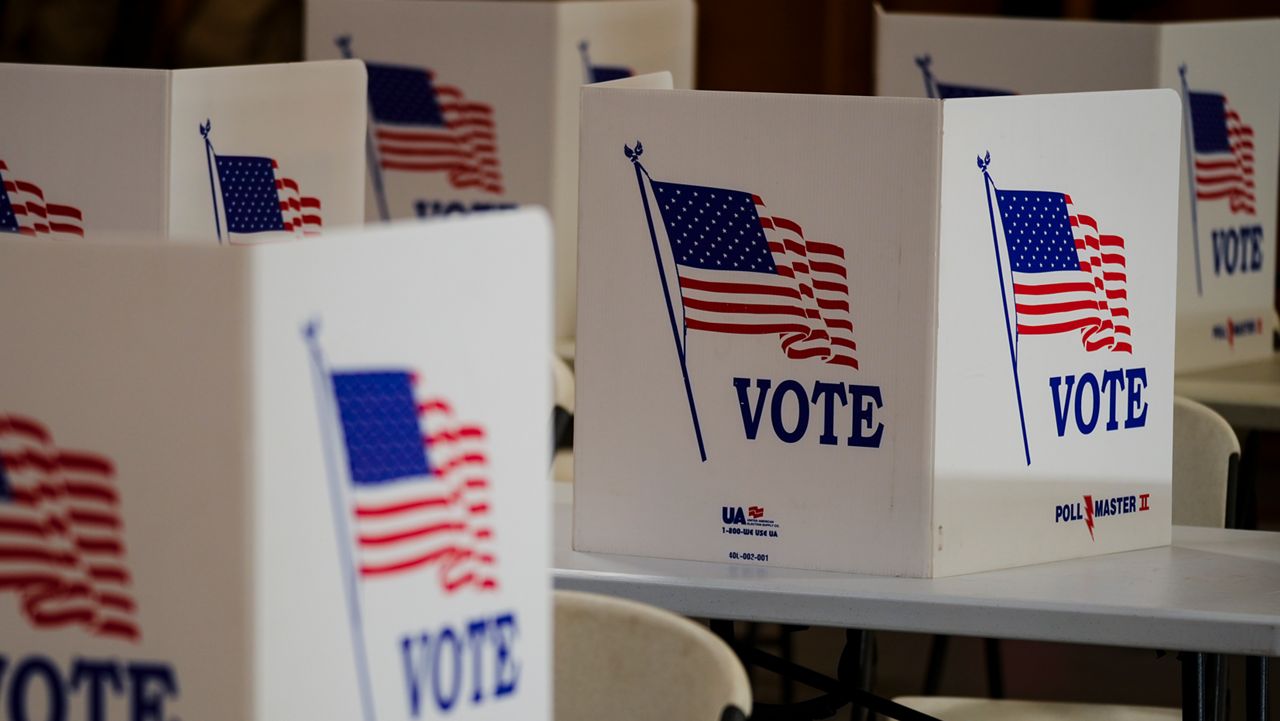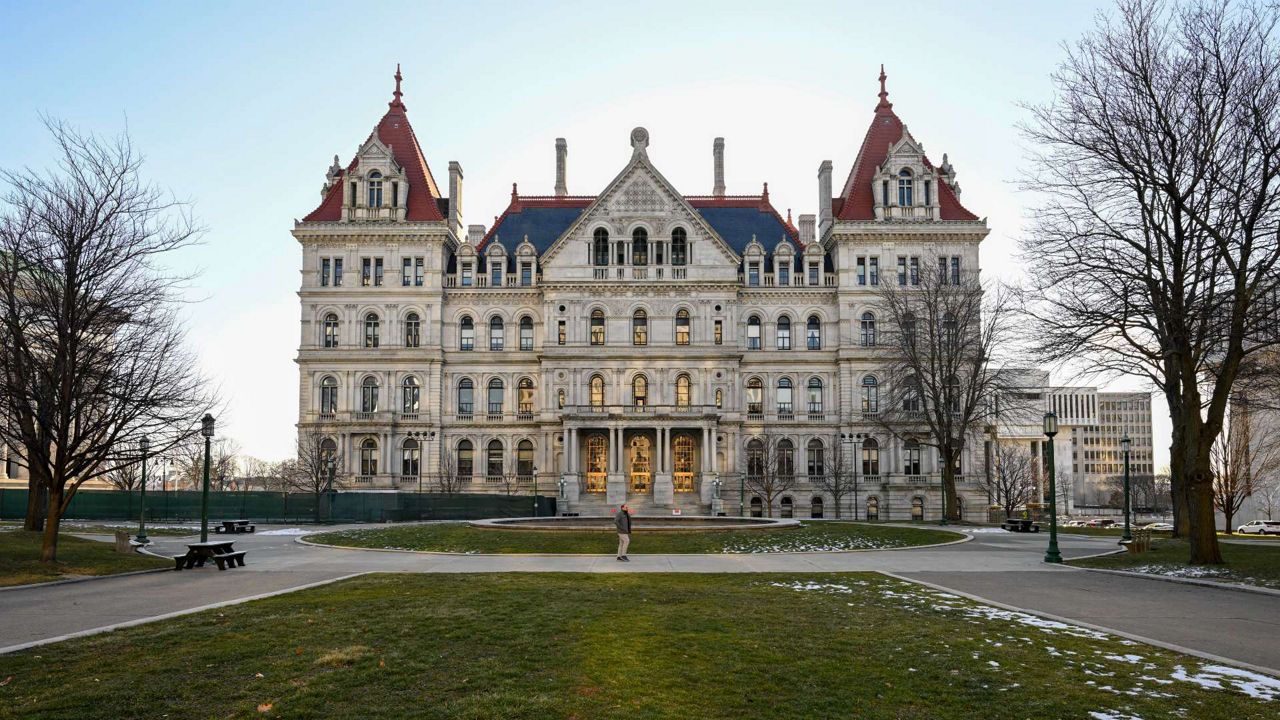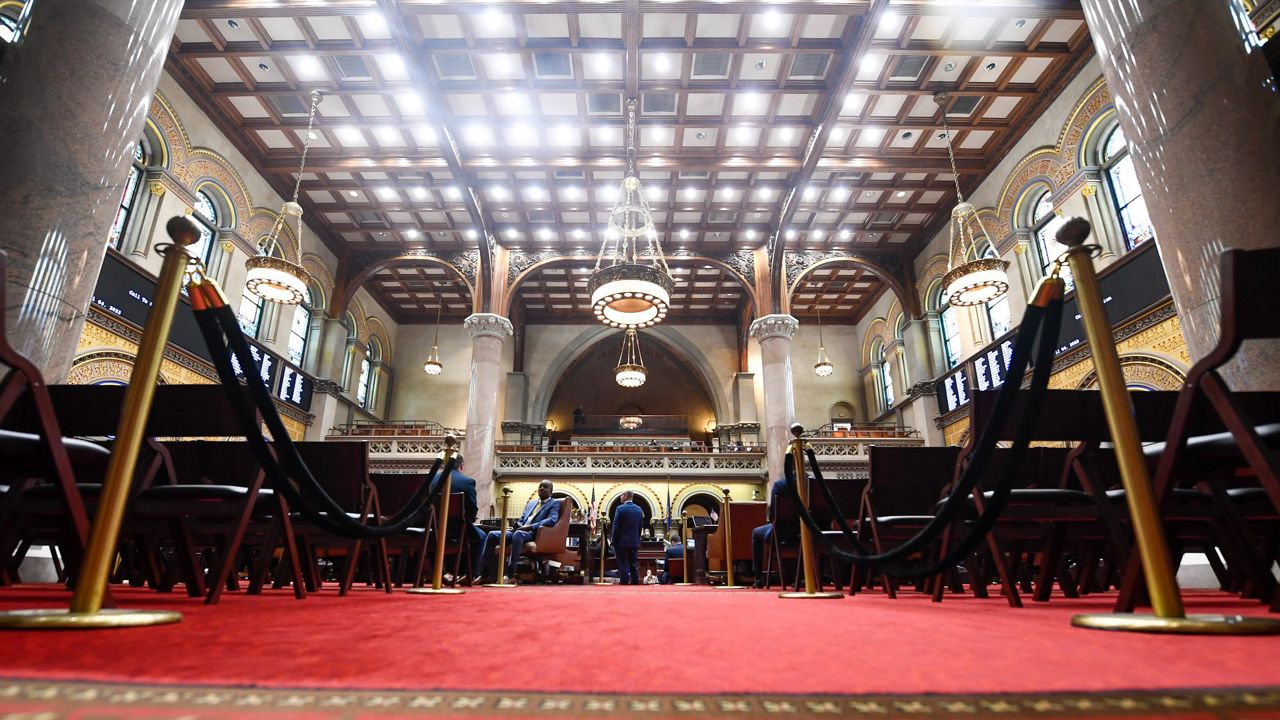New York's $237 billion budget is expected to include a pilot program in Western New York to make local mental health professionals the default response to incidents involving mental health issues or substance use instead of law enforcement.
State lawmakers have passed four of 10 budget bills, and continued Thursday night to conference the details of the program, which will likely be confined to the city of Rochester for the initial pilot.
The program stems from proposed legislation known as Daniel's Law — named for Daniel Prude who died in 2020 of asphyxiation while in Rochester Police custody during a mental health incident. It would create local specialized mental health response units who would replace police officers when responding to a mental health crisis.
"It is just key to dealing with the wholly inappropriate system we have in place now, which is a police response for a health care crisis," said Ruth Lowenkron, director of the disability justice program with N.Y. Lawyers for the Public Interest. "We need a health response."
Lowenkron says people with mental health issues who have died or been injured at the hands of police, or improperly arrested, would be best served by local services.
New York's roughly 800,000 human services workers wanted a 3.2% Cost of Living Adjustment pay increase in this year's budget. Some will get that increase, but many will not.
The budget gives all human services staff a 1.7% increase off the top, but gives individual agencies the option to give up to an additional 1.5% to make up the difference.
Mental Health Association of New York State CEO Glenn Liebman said a handful of staff in supervisory positions will be excluded from the pay hike, but the overall increase was hard-fought.
"That said, where we are now versus where we were is much, much better," Liebman said.
Staffing shortages could make the implementation of Daniel's Law difficult across the state, but Senate sponsor Samra Brouk said Thursday peer groups and counselors would help staff crisis response teams and change crisis intervention protocols.
"It's one group of really qualified mental health providers and professionals that have been underutilized across the state," Brouk said in a telephone interview Thursday. "I think there's a lot of pathways to getting us to a place where we have a robust enough workforce to transform our crisis response system."
The mental health workforce has a longstanding shortage that's grown worse after years of underfunding and minimal pay increases. The lack of sustained, higher pay, has made it difficult for localities to have the treatment and services people need amid a national uptick in mental health crises and substance use — especially since the COVID pandemic.
"The reality is, if you're not going to have the workforce to do that heavy lifting, then things will fall apart," Liebman said. "That's why we fight so hard."
The mental health workforce shortage could make it difficult for localities to find the resources to assist at emergency calls if Daniel's Law becomes statewide policy.
A grant in the budget will get a pilot program of the policy off the ground, and comes as an ongoing task force studies the policy and will release its findings by the end of the year.
"Lawmakers will use the pilot program as a trial run. They plan to pass Daniel's Law at a later date and mandate the change statewide.
Assemblyman John McDonald, a pharmacist who often works with human services staff and disabled New Yorkers, said the budgeted increase is a step in the right direction, but the raise for a divided group of staff will make it challenging to keep people in the industry long-term.
"It's still going to create a challenge," said McDonald, a Cohoes Democrat. "At the end of the day, the workforce is still struggling. We have a lot of people doing God's work — plain and simple. And it's difficult to really attract people in that industry."
State lawmakers were expected to conference pieces of the $237 billion budget that remain open, including details of tax credits, health care spending, mayoral control of New York City schools and other small items left on the table. Both houses are expected to finish debating and passing the budget by the end of the weekend ahead of a two-week legislative recess.








